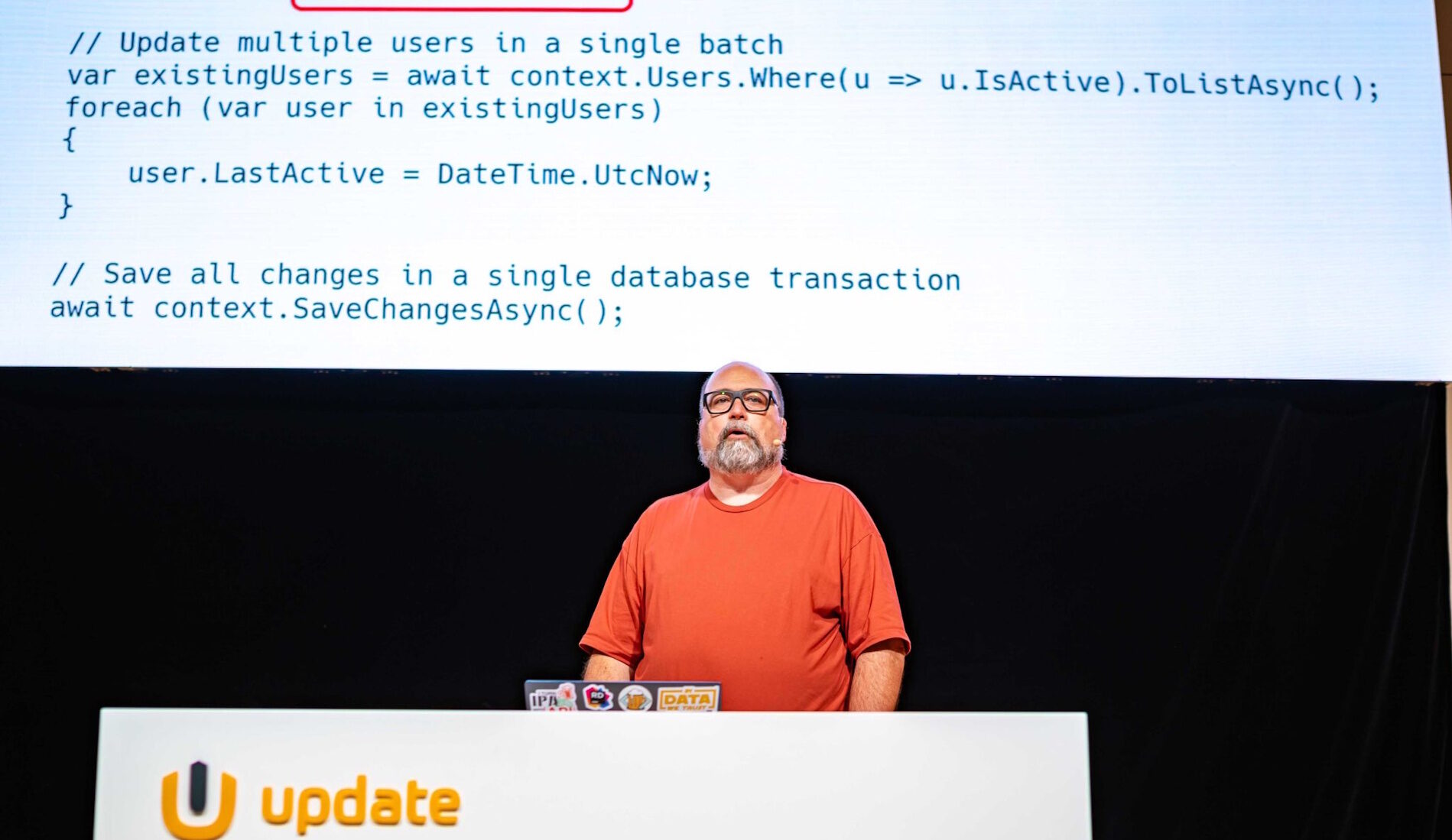Seven days into learning Rust, and I feel like I’ve been through a developer bootcamp with a compiler that doubles as a personal trainer. It doesn’t let you slack, but it does make you better.
This week, I went from installing the toolchain to wrestling with immutable variables and puzzling over semicolons in return statements. As a C# developer, I expected syntax differences, but I didn’t expect the philosophical shifts.
Let’s recap what stood out, what stung, and why I’m still excited to keep going.
Hello, World—Now Please Explain Yourself
Starting with “Hello, World!” was comforting. It felt familiar until I realized that in Rust, functions don’t need a class, and printing uses a macro. Like this:
fn main() {
println!("Hello, World!");
}
No class Program, no static void Main, and no using System;. Clean. Minimal. Straight to the point.
It was the first sign that Rust’s default posture is: Do less. Mean more.
dotnet new vs cargo new
Setting up my first Rust project with cargo new was suspiciously smooth. Almost too smooth.
Compared to the .NET CLI:
dotnet new console -n HelloWorld
Rust’s version felt leaner and more focused:
cargo new hello_world
And the fact that it created a Git repo for me automatically? Bonus points. cargo is one of the nicest CLIs I’ve ever used and that’s coming from someone who genuinely enjoys dotnet.
Let Me Be Immutable
In C#, var is friendly. It assumes you might want to change things. Rust says: Prove it.
let name = "Chris"; // Immutable let mut name = "Woody"; // Mutable, but only if you ask
Having to add explicitly mut made me stop and think: Do I need this to change? That pause, though annoying at first, actually led to cleaner code.
Compare that to how easily we sprinkle state changes throughout our C# apps without thinking twice.
Functions: Watch That Semicolon
I didn’t expect to be tripped up by a semicolon, but here we are:
fn add(a: i32, b: i32) -> i32 {
a + b
}
In Rust, that works. But if you add a semicolon?
fn add(a: i32, b: i32) -> i32 {
a + b;
}
Now the function returns () (unit), not the sum of the numbers. It’s wild how one little ; changes everything. But it’s a good reminder that Rust is an expression-first language, not a statement-first one like C#.
Types Without the Bloat
Rust handed me scalars, tuples, and arrays and basically said, “See what you can do without reaching for a class.”
let person = ("Chris", 45);
let scores = [10, 20, 30];
I found myself modeling real things without writing a single struct. That restraint? Kinda refreshing. Like being told you can’t use PowerPoint and having to explain your idea with a whiteboard instead. You get creative.
What Clicked
- The tooling is fantastic.
cargomakes the .NET CLI look a bit dated. - The compiler is strict but helpful. It’s not just yelling, it’s coaching.
- The language is expressive without being verbose.
I started to feel at home once I embraced the idea that Rust wants me to think before I write. It’s not trying to be easy it’s trying to help me write better code.
What Tripped Me Up
- Semicolon sensitivity in return values.
- Forgetting to add
mutwhen I just wanted to change a value “real quick.” - The fact that there are no classes yet. I kept reaching for one like muscle memory.
Week 1 in a Sentence?
“It’s like learning to cook with only five ingredients and realizing that’s all you needed in the first place.”
Next week we dive into ownership, borrowing, and the borrow checker, aka “The Compiler’s Tough-Love Phase.” Time to rewire my .NET brain a little more.

